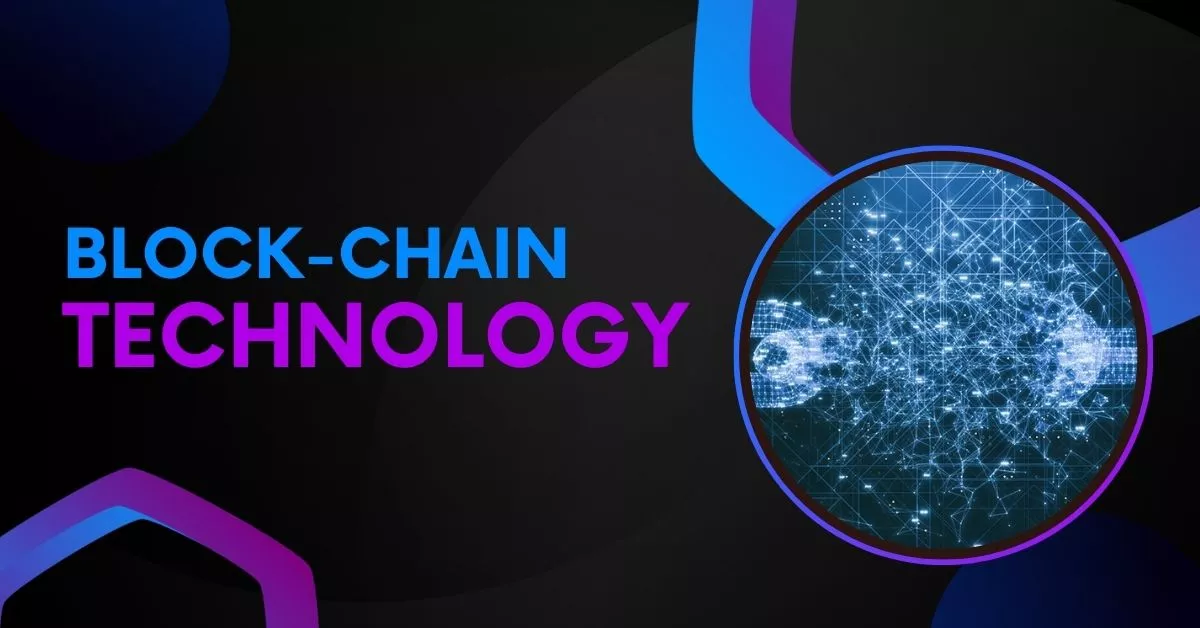Blockchain technology, the backbone of cryptocurrencies, has transcended its origins and is now poised to revolutionize numerous sectors. In this detailed exploration, we delve deep into the world of blockchain, uncovering its intricacies, applications, and the transformative impact it has on our digital landscape.

Understanding Blockchain Technology: A Pioneering Concept
Blockchain technology, at its core, is a decentralized digital ledger that records transactions across multiple computers in such a way that the registered transactions cannot be altered retroactively. Its innovative design ensures transparency, security, and immutability, making it a cornerstone for various digital applications.
The Advantages of Blockchain Technology
Security and Transparency: Safeguarding Data Integrity
Blockchain’s cryptographic techniques provide a robust shield against data tampering, ensuring the security and integrity of digital transactions. Its transparent nature allows stakeholders to trace every transaction, promoting accountability and trust.
Decentralization: Empowering Peer-to-Peer Transactions
Unlike traditional centralized systems, blockchain operates on a decentralized network of nodes. This peer-to-peer structure eliminates the need for intermediaries, reducing transaction costs and enhancing efficiency, especially in financial transactions.
Smart Contracts: Automating Trustworthy Transactions
Smart contracts, self-executing contracts with coded terms, automate and enforce the negotiation or performance of a contract, ensuring efficiency and reliability in various agreements, from real estate transactions to legal processes.
Blockchain in Action: Real-World Applications
1. Supply Chain Management: Enhancing Traceability
Blockchain enables end-to-end visibility in supply chains, allowing businesses and consumers to trace the journey of products. This transparency enhances accountability, reduces fraud, and ensures the authenticity of goods.
2. Healthcare: Revolutionizing Patient Records
Blockchain technology securely stores patients’ medical records, ensuring data accuracy and facilitating seamless sharing among healthcare providers. This innovation enhances patient care, reduces errors, and streamlines medical processes.
3. Finance: Disrupting Traditional Banking
Blockchain’s impact on the financial sector is monumental. It enables faster, cost-effective cross-border transactions, eliminates the need for intermediaries in lending and borrowing, and fosters financial inclusion for the unbanked population.
Blockchain Technology and the Future: Endless Possibilities
As we step into the future, blockchain technology continues to evolve, promising innovations that extend beyond our current comprehension. From enhancing data privacy to enabling secure online voting systems, its potential knows no bounds. Embracing this technology opens the door to a myriad of possibilities, reshaping the way we interact, transact, and conduct business in the digital age.
Don’t forget to miss some of our recent posts-
- The Power of Video Marketing in Today Digital Landscape.
- Swiss-Designed Technology: A Beacon of Hope for Parkinson Patients.
Conclusion:
Blockchain technology stands as a testament to human innovation, offering a decentralized, secure, and transparent solution to various digital challenges. As we continue to unlock its potential, the digital landscape is bound to transform, ushering in a new era of efficiency, trust, and limitless possibilities.

Frequently Asked Questions (FAQs)
What industries benefit most from blockchain technology?
Blockchain technology finds applications in various sectors, including finance, healthcare, supply chain management, and legal services, among others. Its decentralized nature makes it versatile and adaptable across diverse industries.
Are blockchain transactions completely secure?
Yes, blockchain transactions are highly secure due to advanced cryptographic techniques. The decentralized nature of blockchain networks further enhances security by eliminating a single point of failure.
Can blockchain technology be used for non-financial purposes?
Absolutely, blockchain technology has extensive applications beyond finance. It is employed in supply chain management, healthcare, voting systems, and intellectual property protection, showcasing its versatility.
How does blockchain ensure data integrity?
Blockchain uses cryptographic hashes to secure data integrity. Each block contains a unique code (hash) of the previous block, creating a chain of blocks. Altering data in any block would require changing the information in all subsequent blocks, making it nearly impossible to tamper with.
Is blockchain technology energy-efficient?
Blockchain technology’s energy consumption varies based on the consensus algorithm used. While some blockchain networks, like Bitcoin, consume significant energy, newer consensus mechanisms, such as proof-of-stake, are designed to be more energy-efficient.










